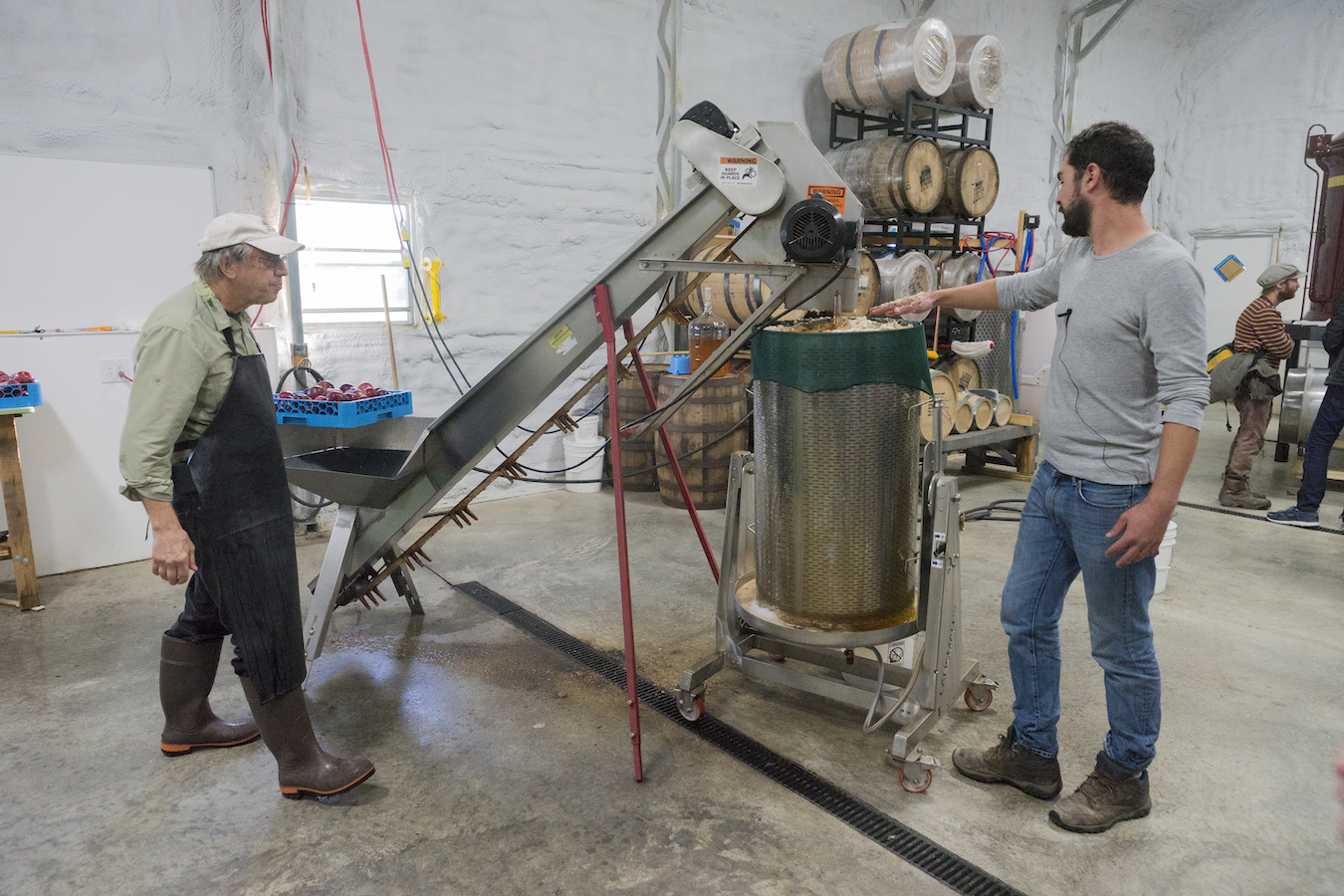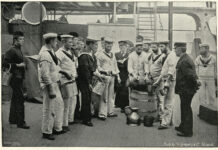On October 24th, the U.S. District Court of the Eastern District of Washington tossed out a motion from the State of Washington to dismiss a lawsuit filed earlier this year challenging the state’s ability to restrict out-of-state distillers from shipping distilled spirits directly to Washington State consumers.
The lawsuit was filed by plaintiffs Shady Knoll Orchards and Distillery in Millbrook, New York; and Chris Baum, an individual in Washington who wants to purchase Shady Knoll’s spirits online. It named the Washington Liquor and Cannabis Commission as the defendant, and alleged that Washington rules that allow in-state distilleries to ship directly to consumers, but prohibit out-of-state distilleries from doing so, violate the interstate commerce clause by discriminating against businesses headquartered in other states.
In his October 24 order denying the State of Washington’s motion to dismiss, Thomas O. Rice, District Judge of the District Court of the Eastern District of Washington, wrote “…it is difficult to understand the web of regulations permitting Washington distilleries to retail their products directly to online consumers while preventing out-of-state distilleries from doing the same thing as anything but facially discriminatory.”
The legal team for the plaintiffs notably includes Robert Epstein, attorney and partner at Epstein Cohen Seif & Porter in Indianapolis, Indiana. In 2004, Epstein was one of the attorneys who argued the landmark Granholm v. Heald case in front of the U.S. Supreme Court, which used a similar argument to successfully advocate for DTC privileges for wineries in 2004.
“Overall, Judge Rice’s Order underscores the strength of our case. My co-counselors and I look forward to seeing the State’s Answer to our Amended Complaint,” says Justin Leigh, co-counselor for the plaintiffs. “The burden is now on them to set forth a set of facts to show that their facially discriminatory law serves a legitimate purpose that could not be achieved by less discriminatory means. At this stage, the State has not set forth any set of facts to that effect — and we don’t think such facts exist.”

Granholm V. Heald: A Refresher
Granholm v. Heald is the reason wineries have had access to DTC shipping for the last 20 years. The issue at question in the Granholm case was the ability of out-of-state wineries to sell directly to consumers in Michigan and New York, which, at the time, allowed direct shipment for in-state but not out-of-state wineries.
The original suit was brought by a Michigan consumer and an out-of-state winery that wanted to ship to them, with an analogous suit also filed in New York. Those consumers and wineries said that state laws banning direct-to-consumer shipments from out of state violated the Commerce Clause, a section of the Constitution that gives Congress the power “to regulate commerce with foreign nations, among states, and with the Indian tribes.”
That clause has come to be interpreted to also mean that states are not allowed to make protectionist policies that excessively regulate or impede interstate commerce, which is often referred to as the “inferred commerce clause.” California, for instance, can’t decide to levy tariffs on goods manufactured in Texas.
In the Granholm case, the states of Michigan and New York claimed that they were within their rights to regulate interstate commerce of alcohol under the Twenty-First Amendment, which was ratified in 1933 to repeal Prohibition. However, the Supreme Court ruled 5-4 in favor of the argument that the policy discriminated “against interstate commerce in violation of the Commerce Clause, and that discrimination is neither authorized nor permitted by the Twenty-first Amendment.”
Could it Work for Spirits?
The denial of Washington State’s motion to dismiss Shady Knoll’s lawsuit simply means that the case will be allowed to proceed, and a final verdict may not be delivered for many months. But the case has the potential to dramatically reshape legislation restricting distillers’ ability to ship their products directly to consumers in ways that could help — or hurt — the industry.
After Granholm v. Heald was passed, Michigan initially banned all direct-to-consumer wine shipments. Epstein acknowledges the same possibility exists with spirits. “It’s called either leveling down or leveling up,” says Epstein. Leveling up means states would pass legislation extending the same privileges to out-of-state distillers as in-state distillers. Leveling down would mean that nobody would be able to ship and deliver within the state — not discriminatory, but not an outcome distillers want. “They could do that,” says Epstein. “But having said that, typically when a right is granted, such as delivering within a state such as Washington, it’s hard to take that away legislatively.”
For now, the legal team is planning additional lawsuits in other states with discriminatory DTC practices, and says their ultimate goal is to escalate at least one to the U.S. Supreme Court, where a decision would have much broader implications than in any individual state. In the meantime, Epstein is interested in hearing directly from any producers who feel they face discriminatory state laws.








